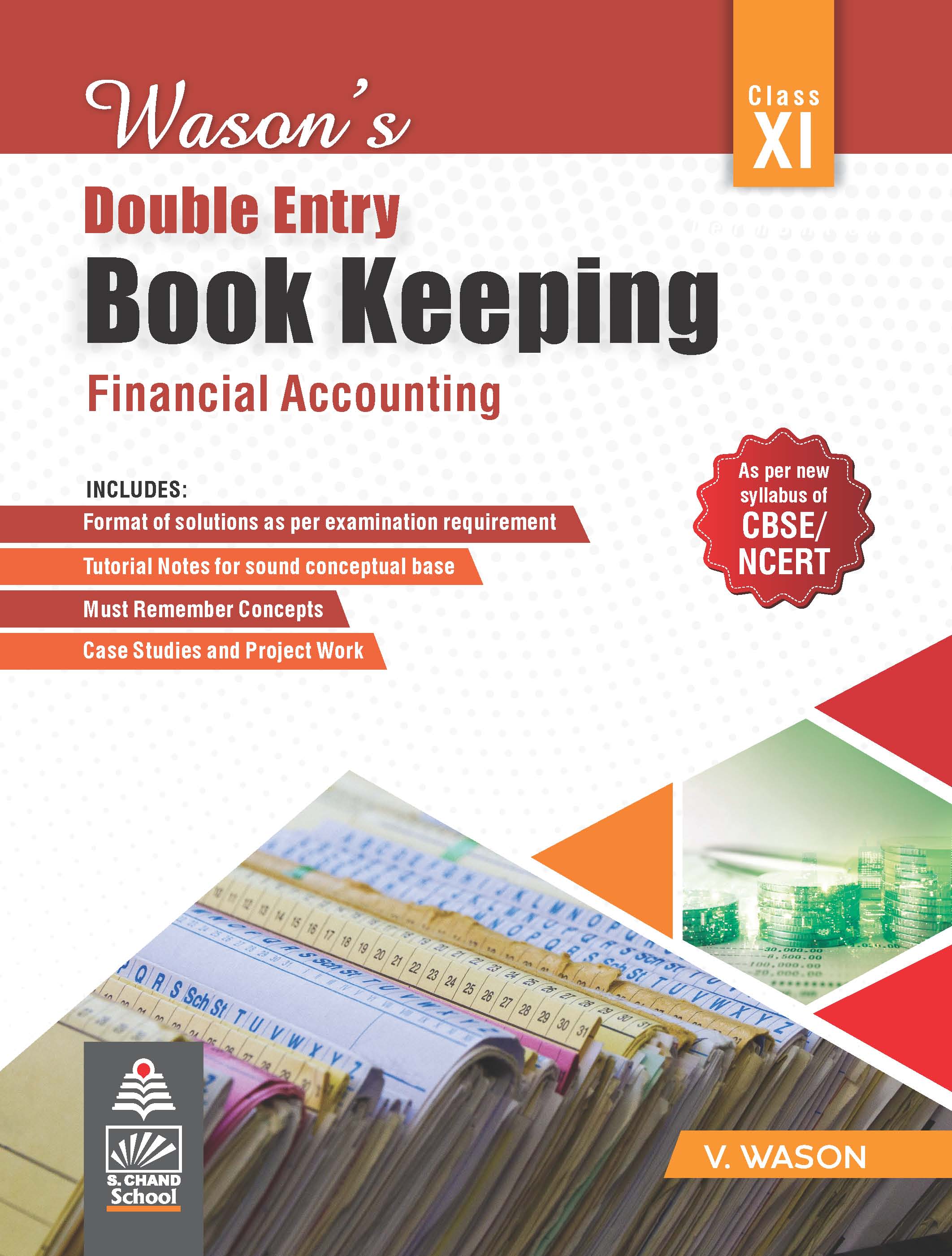

A Diploma of Accounting, for example, can lead to roles ranging from BAS agent and tax agent to professional accountant and is also perfect for those interested in handling the books for their own small business.ĭiplomas cover a wealth of information, such as preparing financial documents, using and interpreting spreadsheet data, managing budgets as well as making forecasts. Diplomaīookkeepers looking to advance their career prospects beyond entry-level roles should consider a diploma level program, as this can be a great way to boost your skills and increase your earning potential whilst opening the door to further opportunities. In Australia, to register as a BAS Agent, you’ll need to complete either a Certificate IV in Bookkeeping or a Certificate IV in Accounting, each of which can lead to roles such as bookkeeper, accounts clerk and payroll officer. That means that a certificate can take less time depending on your study speed. The benefit of undergoing a course through correspondence means that you can study in your own time, and according to your schedule requirements. CertificateĬertificate level programs are one of our most popular options, as not only can they be completed in anywhere between six months to two years, but they cover everything from preparing financial statements and maintaining inventory records to OH&S requirements.

Best of all, whether you study bookkeeping in Melbourne, complete a TAFE accounting course in Sydney or take an online bookkeeping course, your credentials will be recognised right across the country. In fact, 65.5% of Australia’s bookkeepers have a certificate III level credential or higher, with almost 20% having attained a bachelor level degree.Ī TAFE bookkeeping course will make getting the skills and confidence you need simple, through advertising a broad range of Australia’s finest bookkeeping programs, ranging from payroll, accounting and finance through to MYOB courses online. Overseeing a business’s financial records is a big responsibility, which is why the majority of bookkeepers have the backing of quality education. The average workweek for full-time bookkeeping is 38.8 hours long and the average salary is $62,425 per year.

The largest age group for bookkeepers are those aged 45-54 years (29.9%).īookkeepers generally work business hours in an office setting, although thanks to cloud computing, many bookkeepers are now choosing to work from home. The majority of Australia’s bookkeepers work in Victoria, followed by New South Wales and Queensland. Bookkeeping in AustraliaĪpproximately 115,000 bookkeepers are currently employed throughout Australia, 92.5% of whom are female. To file BAS paperwork, bookkeepers must first be registered with the Tax Practitioners Board as a BAS Agent. In Australia, bookkeepers are also often tasked with filing Business Activity Statements (BAS), which are crucial tax reports that every business is legally required to file each year. They’re responsible for ensuring that employees get paid, that those bill payments are made on time and that expense reports are filed, along with keeping the company’s financial records up-to-date and accurate. Bookkeepers are the ultimate accounting all-rounders, as it’s their job to keep track of every dollar and cent that comes and goes from a business.


 0 kommentar(er)
0 kommentar(er)
